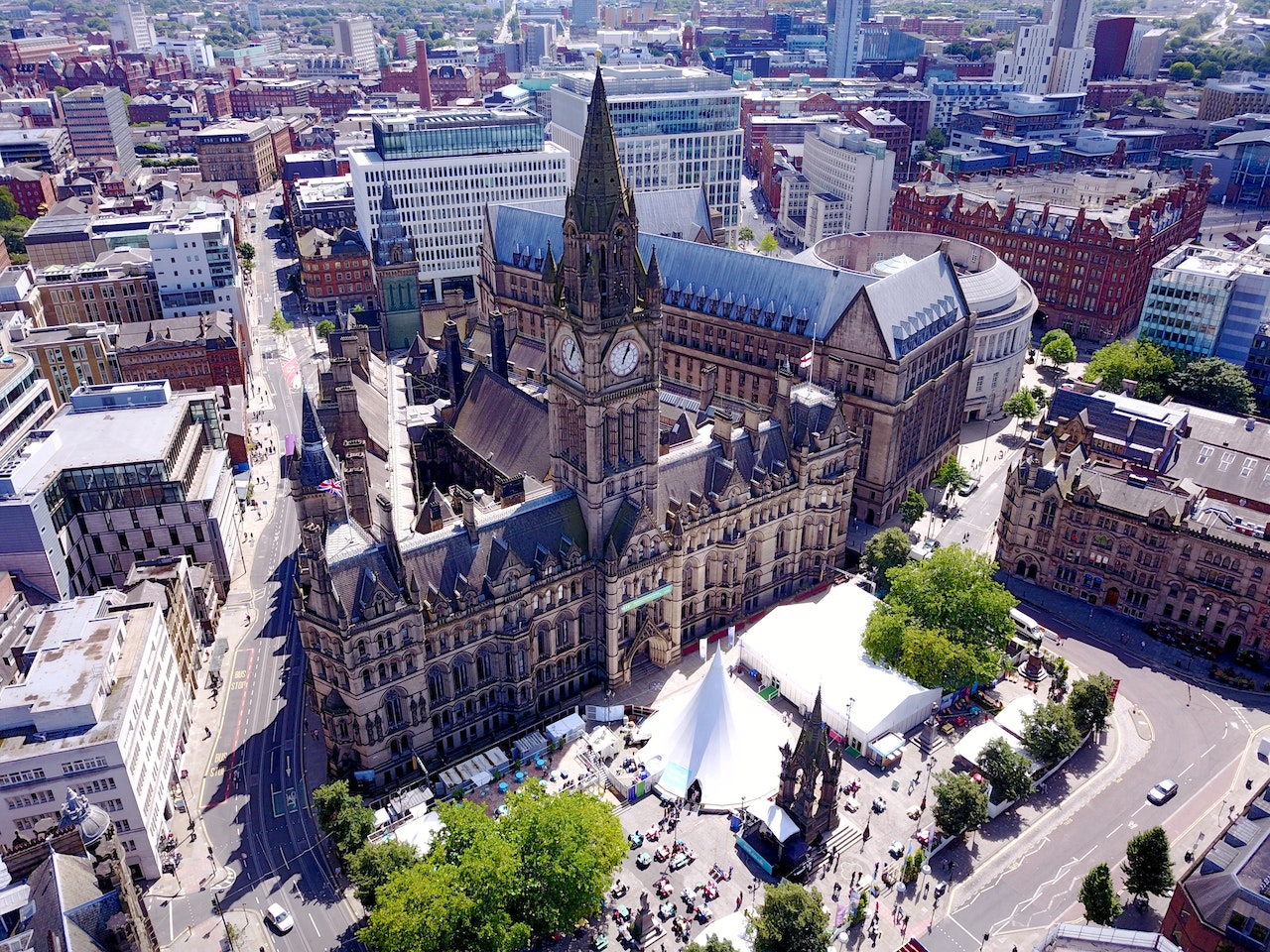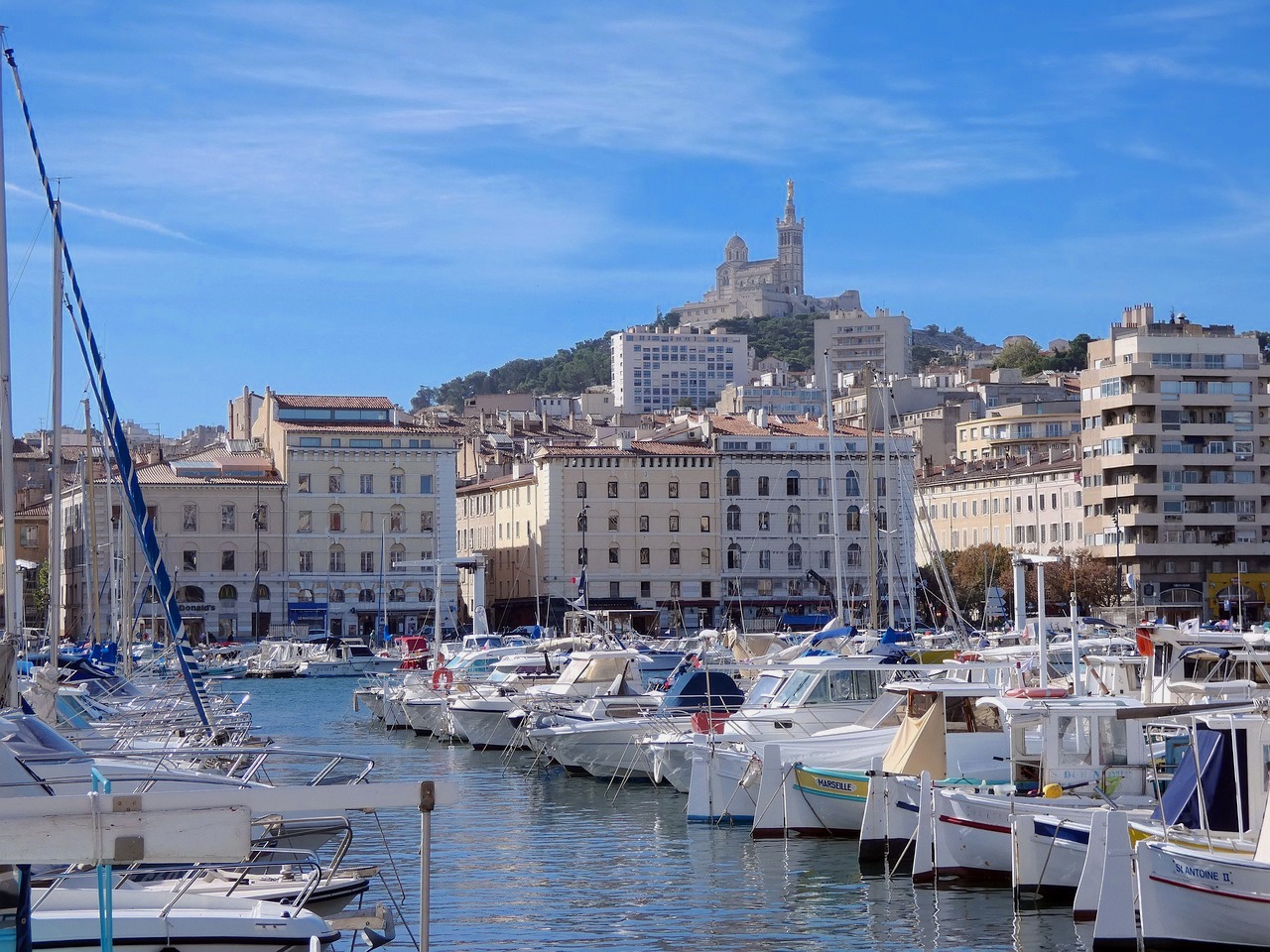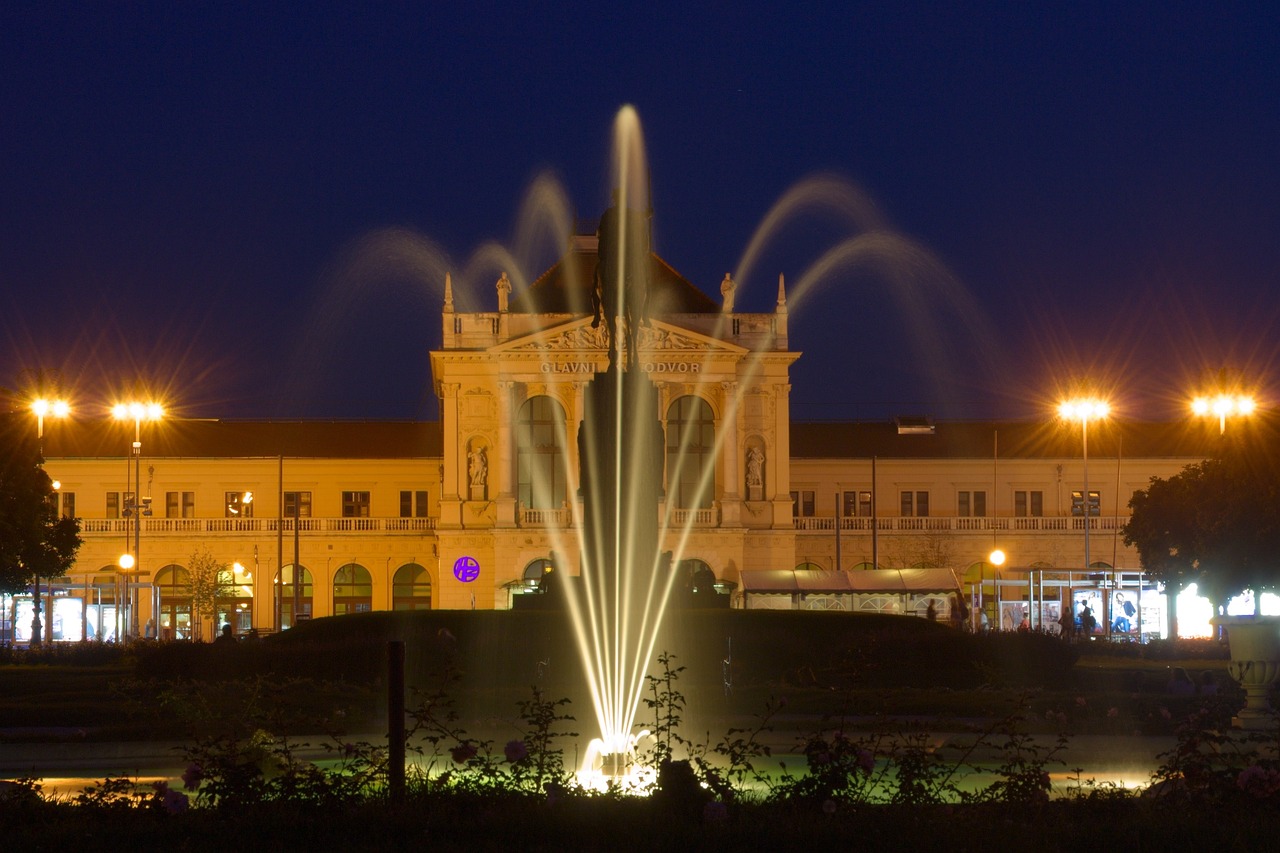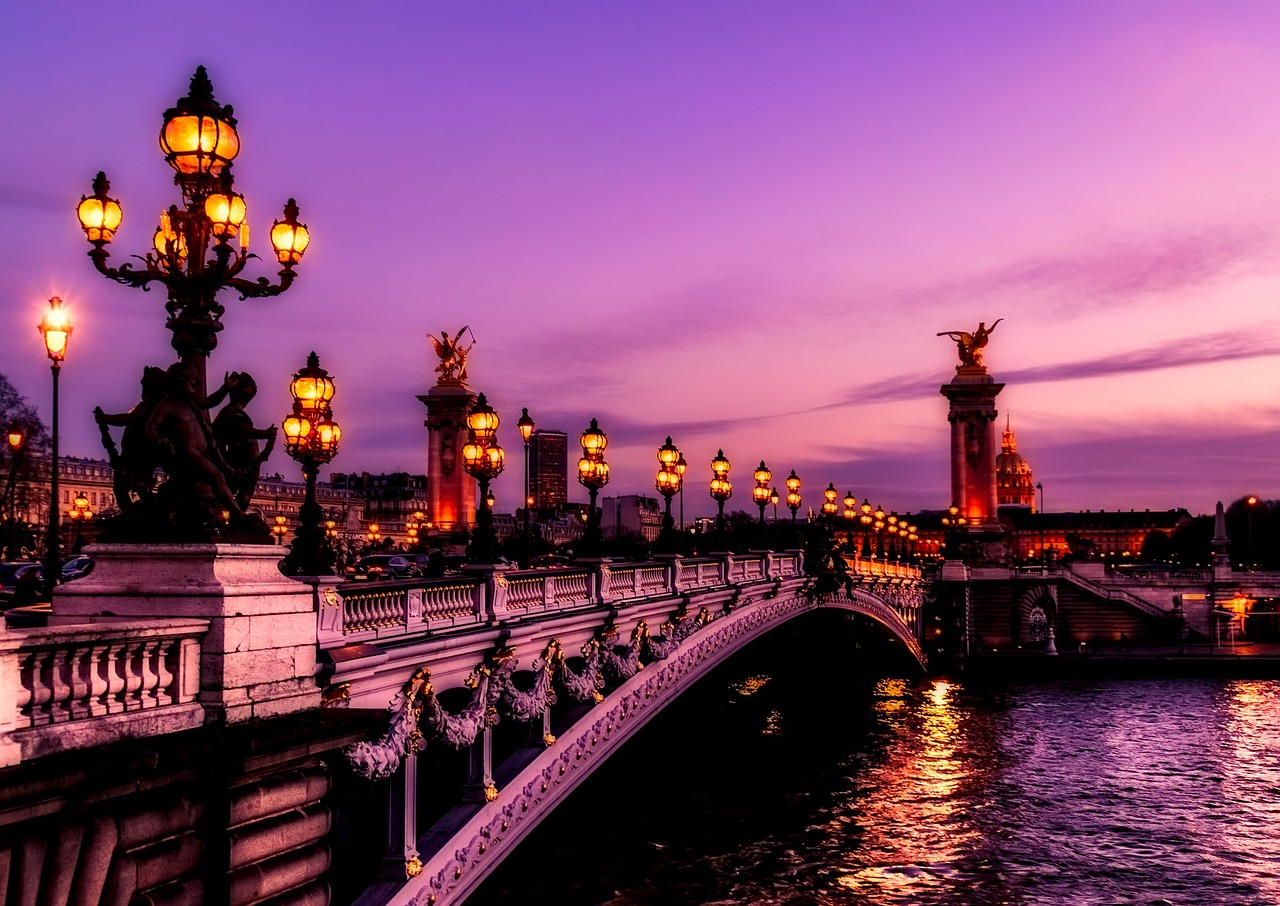Manchester is a city located in the northwest of England, in the United Kingdom. It is the sixth-largest city in the country, after London, Birmingham, Glasgow, Liverpool and Bristol, and is known for its rich history in industry, music, and sport. Manchester is also home to two of the biggest football clubs in the world, Manchester United and Manchester City. It is a vibrant city with a bustling cultural scene and a diverse population.
Short History
Manchester has a rich and diverse history, dating back to Roman times when it was a small settlement called Mamucium. In the 18th century, Manchester became an important center for the textile industry during the Industrial Revolution, with factories and mills being built throughout the city. Manchester’s importance in the Industrial Revolution earned it the nickname “Cottonopolis.”
During the 19th and 20th centuries, Manchester continued to grow and develop, with its population expanding rapidly. It also became known for its cultural and artistic scene, with the city producing influential figures such as the writer Elizabeth Gaskell and the musicians Joy Division and Oasis.
Manchester was also heavily impacted by the events of World War II, with the city suffering significant damage from bombing raids. However, the city bounced back in the post-war years, with new developments and infrastructure projects helping to modernize the city.
Today, Manchester is a thriving and vibrant city, with a diverse population and a rich cultural heritage. Its history in industry, sport, and music has made it an iconic city both in the UK and around the world.
Architecture
Manchester has a mix of old and new architecture, with historic buildings dating back to the 16th century alongside modern skyscrapers. Some of the most notable examples of architecture in Manchester include:
- Manchester Town Hall: Built in the 19th century in the Gothic Revival style, the town hall is a stunning example of Victorian architecture.
- Beetham Tower: This skyscraper was completed in 2006 and is the tallest building in Manchester, standing at 168 meters tall.
- The John Rylands Library: This impressive building was completed in 1900 and is an example of neo-Gothic architecture.
- The Imperial War Museum North: Located in the Salford Quays area of Manchester, this striking building was designed by architect Daniel Libeskind and features a unique, angular shape.
- The Manchester Cathedral: This medieval cathedral was built in the 15th century and features a mix of Gothic and Renaissance architecture.
- The Manchester Central Library: This historic building was designed by architect E. Vincent Harris in the 1930s and features a unique circular reading room.
These buildings, along with many others throughout the city, contribute to the diverse and interesting architecture of Manchester.
Museums and Galleries
Manchester is home to a number of museums and galleries, each offering a unique perspective on the city’s history, culture, and art. Some of the most interesting museums and galleries in Manchester include:
- The Manchester Museum: This museum features collections of natural history, archaeology, and anthropology, including fossils, dinosaur skeletons, and Egyptian artifacts.
- The Museum of Science and Industry: Located in the former site of the world’s first passenger railway station, this museum features exhibits on Manchester’s history in science, technology, and industry.
- The National Football Museum: Dedicated to the history of football (soccer), this museum features exhibits on the sport’s evolution and famous players and teams.
- The Whitworth Art Gallery: This gallery features a collection of historic and contemporary art, including works by William Blake, J.M.W. Turner, and Francis Bacon.
- The Manchester Art Gallery: This gallery features a collection of fine art, including works by Pre-Raphaelite painters and contemporary artists.
- The People’s History Museum: This museum explores the history of democracy and social change in the UK, with exhibits on the suffrage movement, trade unions, and political protests.
These museums and galleries offer a diverse range of experiences and are a great way to explore Manchester’s rich history and culture.
Landmarks and Monuments
Manchester is a city with a rich history and culture, and as such, there are many landmarks and monuments that are worth visiting. Here are some of the most interesting:
- Manchester Town Hall: This magnificent neo-Gothic building is one of the city’s most iconic landmarks, and is home to the city council and a number of civic offices.
- Manchester Cathedral: Built in the 15th century, this cathedral is a stunning example of Gothic architecture, and is home to a number of beautiful stained-glass windows.
- John Rylands Library: This stunning library was built in the late 19th century, and features a collection of rare books and manuscripts, including a Gutenberg Bible.
- The Manchester Central Library: This beautiful library is located in the heart of the city, and features a collection of over one million books, as well as a number of exhibits on local history and culture.
- The Beetham Tower: This iconic skyscraper is the tallest building in Manchester, and offers stunning views of the city from its observation deck.
- The Imperial War Museum North: Located in the nearby town of Trafford, this museum explores the impact of war on society, with exhibits on both World War I and World War II.
These landmarks and monuments offer a unique perspective on Manchester’s history and culture, and are well worth a visit for anyone interested in the city’s rich heritage.
Parks and Green Spaces
Manchester is a bustling city, but it also boasts a number of beautiful parks and green spaces that offer a welcome respite from the hustle and bustle of urban life. Here are some of the most noteworthy parks and green spaces worth visiting in Manchester:
- Heaton Park: This is one of the largest municipal parks in Europe, and features a lake, woodland trails, an animal farm, and a range of sports facilities.
- Fletcher Moss Botanical Garden: This beautifully landscaped park is home to a range of exotic plants, as well as a number of historic buildings and a tea room.
- Whitworth Park: Located near the University of Manchester, this park is home to a number of sculptures, as well as a lake and a range of sports facilities.
- Platt Fields Park: This park is located in the heart of Fallowfield, and features a lake, a boating pond, and a range of sports facilities.
- Philips Park: This park is located in the east of the city, and features a lake, a range of sports facilities, and a popular BMX track.
- St. John’s Gardens: Located in the heart of the city, this small but beautifully landscaped park is a popular spot for picnics and outdoor events.
Whether you’re looking for a quiet spot to relax or an active outdoor adventure, these parks and green spaces offer something for everyone in Manchester.
Shopping Districts
Manchester is known for its vibrant shopping scene, with a range of shopping districts that cater to every taste and budget. Here are some of the most popular shopping districts in Manchester:
- Manchester Arndale: This is the largest shopping centre in Manchester, featuring more than 200 stores, including high-street brands, independent shops, and restaurants.
- The Northern Quarter: This trendy neighbourhood is home to a range of independent boutiques, vintage shops, and record stores, as well as a thriving nightlife scene.
- Exchange Square: This pedestrianised area in the heart of Manchester features a range of shops, including the luxury department store Selfridges, as well as a range of restaurants and cafes.
- King Street: This historic street in the city centre is lined with high-end fashion boutiques, including Burberry, Hermès, and Mulberry.
- Trafford Centre: This large shopping centre is located just outside Manchester, and features a range of designer stores, department stores, and restaurants.
- Affleck’s Palace: This indoor market is located in the Northern Quarter, and features a range of alternative and vintage shops, as well as cafes and music venues.
Whether you’re looking for high-end fashion, unique boutiques, or trendy vintage shops, Manchester’s shopping districts offer something for everyone.
Food and Drink
Manchester is a vibrant city with a diverse food and drink scene, offering everything from traditional British fare to international cuisine. Here are some of the must-try foods and drinks in Manchester:
- Manchester Tart: This traditional dessert is made with shortcrust pastry, raspberry jam, and a filling of custard and coconut.
- Bury Black Pudding: This local delicacy is a type of blood sausage made with pork fat, oatmeal, and spices.
- Fish and Chips: A classic British dish, fish and chips can be found in many restaurants and pubs around Manchester.
- Curry: Manchester has a large South Asian community, and as a result, there are many excellent Indian and Pakistani restaurants in the city.
- Pies: Manchester is known for its love of pies, with many pubs and restaurants serving a range of savoury pies, including steak and ale, chicken and mushroom, and cheese and onion.
- Craft Beer: Manchester has a thriving craft beer scene, with many microbreweries and independent bars offering a range of local and international beers.
- Gin: Manchester is also home to a number of excellent gin distilleries, and gin bars can be found throughout the city.
Whether you’re looking for traditional British dishes or international cuisine, Manchester has plenty to offer food and drink lovers.
Transportation
Manchester has a well-connected public transportation system, which makes getting around the city relatively easy. Here are some of the best ways to move around Manchester:
- Metrolink Trams: Manchester’s Metrolink is a light rail system that serves the city and its suburbs. It’s the most convenient way to get around the city center, and it’s also a good option for getting to destinations like Old Trafford Stadium.
- Buses: Manchester has an extensive bus network, with both local and regional services. Buses are generally cheaper than the Metrolink and cover more areas of the city.
- Taxis: Taxis are widely available in Manchester, and they can be a convenient option for short journeys or for getting to destinations outside of the city center.
- Walking: Manchester is a relatively compact city, and many of its attractions are within walking distance of each other. Walking is a great way to explore the city’s neighborhoods and to discover hidden gems.
- Cycling: Manchester has an expanding network of cycling routes, including cycle lanes and shared paths. Renting a bike can be a great way to explore the city’s parks and canals, and it’s also a good way to avoid traffic congestion.
Overall, Manchester’s public transportation system is reliable and affordable, and there are plenty of options for getting around the city.
City Safety
Manchester is generally a safe city, but as with any large city, it’s important to take basic safety precautions. The city center and tourist areas are generally safe, but some neighborhoods on the outskirts of the city can be less safe, particularly at night. Visitors should be aware of their surroundings, avoid carrying large amounts of cash, and be cautious when using ATMs or walking alone at night. It’s also a good idea to keep your valuables out of sight and to be aware of pickpocketing in crowded areas. Overall, with common sense and basic safety precautions, Manchester can be a safe and enjoyable city to visit.
Expensive or Cheap
Manchester can be considered a moderately expensive city, but it is generally more affordable than London. Prices for accommodation, food, and transportation are generally lower than in London, but still higher than in some other cities in the UK. The cost of living in Manchester can vary depending on the area you’re in and your lifestyle, but it is generally affordable for visitors. Overall, while Manchester may not be the cheapest city in the UK, it is still an affordable and accessible destination for travelers.
Best Time to Travel
The best time to travel to Manchester depends on your personal preferences and what you plan to do during your visit. Here are some things to consider when deciding on the best time to visit:
- Weather: Manchester has a temperate maritime climate, with mild temperatures throughout the year. The summer months of June to August are typically the warmest and driest, with average temperatures around 20°C. The winter months of December to February can be cold and damp, with average temperatures around 5°C.
- Events: Manchester hosts a range of events throughout the year, including the Manchester International Festival in July, the Manchester Pride Festival in August, and the Manchester Christmas Markets in November and December. The city is also home to numerous music and cultural festivals throughout the year.
- Crowds: Manchester can be busy during peak travel season, particularly in the summer months when schools are out and the weather is good. If you prefer to avoid crowds, consider travelling in the shoulder season of April to May or September to October.
Whether you prefer warmer weather, cultural events, or fewer crowds, there is something to suit all tastes in this dynamic and exciting city.
Date Ideas
Manchester has plenty of great options for a fun and memorable date. Here are a few ideas:
- Take a walk in Heaton Park: This beautiful park in the north of the city is perfect for a romantic stroll. You can also visit the park’s farm or try your hand at boating on the lake.
- Visit the Manchester Museum: The museum is home to a wide range of exhibits, including natural history, ancient civilizations, and art. It’s a great place to learn something new together and spark some interesting conversation.
- Go on a street art tour: Manchester has a vibrant street art scene, with murals and installations dotted around the city. Take a tour to see some of the best pieces and learn more about the artists behind them.
- Have a picnic in Fletcher Moss Botanical Gardens: This beautiful park in Didsbury is the perfect place for a relaxed picnic. Bring a blanket, some snacks, and a bottle of wine, and enjoy the peaceful surroundings.
- Visit a brewery: Manchester is home to several great breweries, including Cloudwater and Marble. Take a tour, learn about the brewing process, and sample some delicious beers together.
These are just a few ideas – Manchester has plenty of other great date spots, from trendy restaurants to cozy pubs.
Fun and Interesting Facts
Manchester is a vibrant and dynamic city located in the northwest of England. Here are some fun and interesting facts about Manchester:
- Manchester was the birthplace of the Industrial Revolution in the 18th century, which transformed the city from a small town into a major industrial center.
- Manchester has a rich musical history, with famous bands like The Smiths, Oasis, and Joy Division all hailing from the city.
- The Manchester United football club is one of the most successful and famous football clubs in the world, with a huge global fan base.
- Manchester is home to the world-renowned Manchester International Festival, a biennial festival of music, theatre, and visual arts.
- The city is also known for its diverse and multicultural food scene, with a wide range of international cuisines available throughout the city.
In conclusion, Manchester is a city that offers a unique blend of history, culture, and modernity. Its rich industrial past, vibrant music scene, and diverse food culture make it an exciting and dynamic destination for visitors. With a range of landmarks, museums, parks, and shopping districts, there’s always something to discover in this bustling city.



